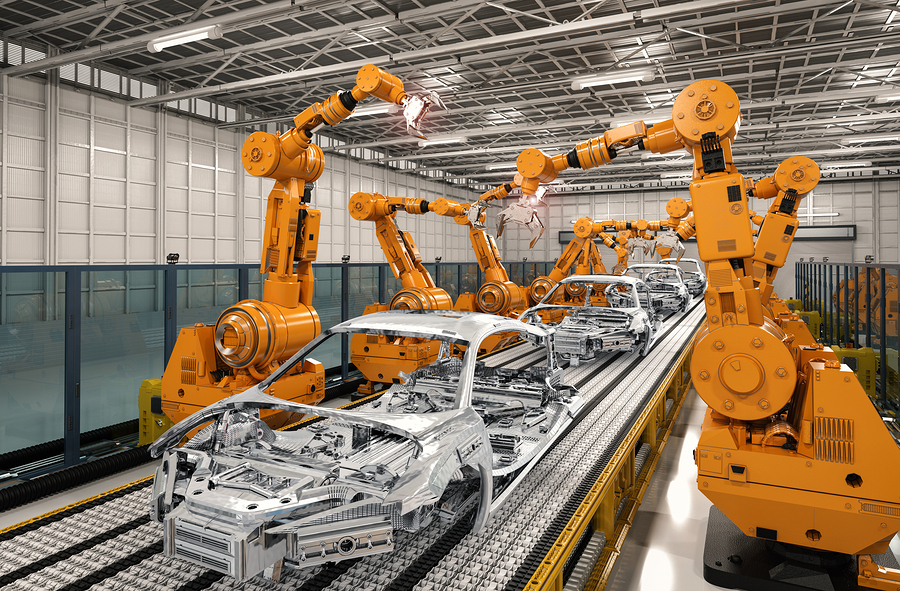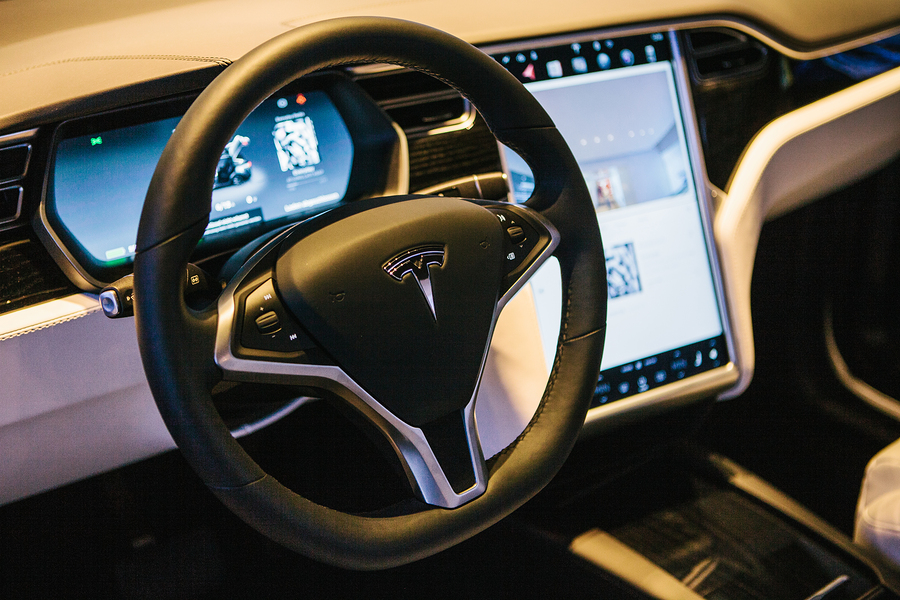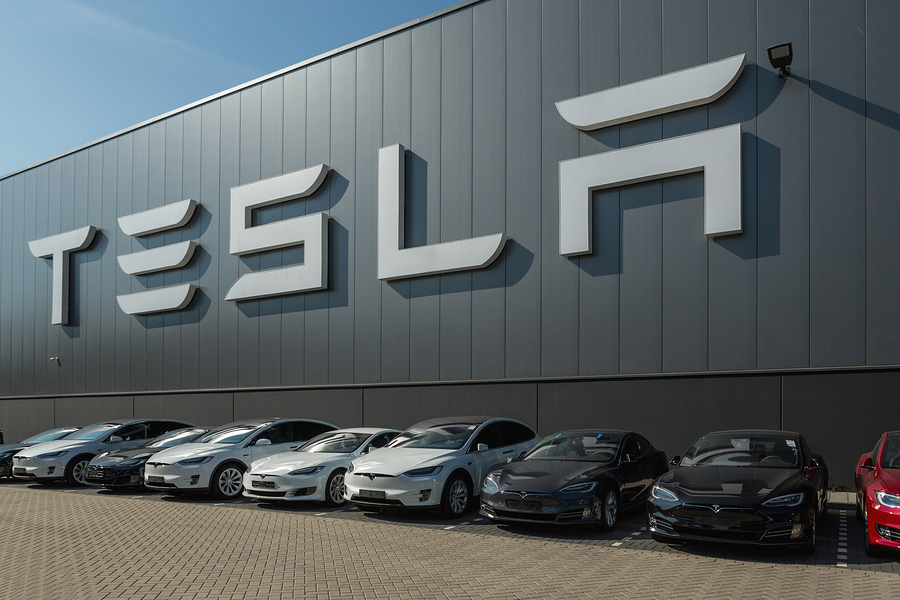When not able to meet output goals, what’s an automaker to do? In hopes of improving future yields, electric car manufacturer Tesla purchased Perbix Machine Co., a Minnesota-based manufacturer specializing in designing automation equipment. The decision came after significant production difficulties in 2017.
Production woes
In the third quarter of 2017, Tesla manufacturers produced only 222 Model 3 cars — despite the company’s production goal of 1,500 for September alone. This deficiency in production originated at the manufacturer’s Nevada plant: Issues with one external supplier caused Tesla manufacturers to rework one of the four steps required to create their car batteries.
To avoid such problems in the future, one of CEO Elon Musk’s goals for Tesla is to produce vehicles as independent of other suppliers as possible. The company is working toward making all its own parts, which presents challenges other car makers do not experience because they rely more heavily on third-party suppliers. Generating a part internally gives Tesla insiders more control over production and helps them avoid the risks of using third-party products — but Tesla relies on a highly automated vehicle manufacturing process. Unfortunately, highly automated systems do not adapt readily to process changes, which, in part, added to the company’s reduced output.

But the Model 3 production delay was not just about batteries. Some of the delay stemmed from CEO Elon Musk’s relentless ambition to improve automated processes. His goal is for a higher level of automation to eventually reduce vehicle production costs.
Creating change
Challenges on the way to that goal were compounded by another shift: After the company released production statistics, Tesla’s director of battery engineering resigned from his position. The role Perbix will play after such a series of events is crucial as Perbix’s sole function could be to solve production problems.
Avoiding risk seems to be a constant focus for Tesla manufacturers as company leaders recently terminated approximately 700 employees for poor job performance. By acquiring Perbix, Tesla added 150 new employees with clear hopes to increase efficiency and in-house production.

What is not clear is whether other manufacturers will follow Tesla in efforts to consolidate control over production and improve efficiency by buying out their suppliers. If return on investment is great enough, other car manufacturers may follow suit. Whether that will happen, however, remains to be seen.
